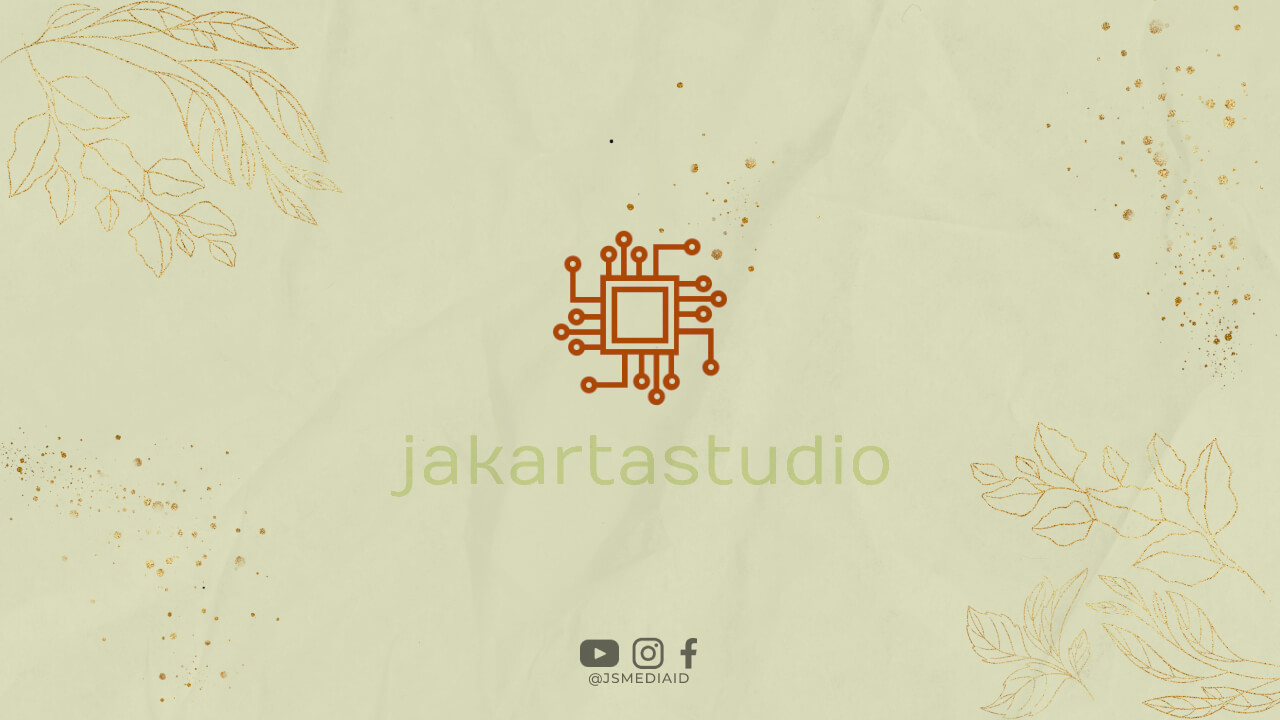Buying a home is one of the biggest investments you will make in your life. One of the most important factors to consider when buying a home is the mortgage interest rate. The interest rate you receive will determine how much you will pay over the life of the loan. In this guide, we will walk you through everything you need to know about mortgage interest rates.
What is a Mortgage Interest Rate?
A mortgage interest rate is the amount of interest that you will pay on your home loan. It is expressed as a percentage of the loan amount and determines how much you will pay each month. The interest rate is determined by several factors, including your credit score, the loan amount, and the length of the loan.
Fixed-Rate vs. Adjustable-Rate Mortgages
When it comes to mortgage interest rates, there are two types of loans: fixed-rate and adjustable-rate mortgages. A fixed-rate mortgage has an interest rate that remains the same for the entire life of the loan. An adjustable-rate mortgage has an interest rate that can fluctuate over time.
If you are looking for stability and predictability, a fixed-rate mortgage may be the best option for you. However, if you are willing to take on more risk for the potential of a lower interest rate, an adjustable-rate mortgage may be a better choice.
Factors that Affect Mortgage Interest Rates
There are several factors that can affect the interest rate you receive on your mortgage. These include:
- Your credit score
- The loan amount
- The down payment amount
- The length of the loan
- The type of loan
- The current state of the economy
How to Get the Best Mortgage Interest Rate
If you are looking to get the best mortgage interest rate, there are several steps you can take. These include:
- Improving your credit score
- Reducing your debt-to-income ratio
- Making a larger down payment
- Shopping around for different lenders
Understanding Points
When you are shopping for a mortgage, you may hear the term “points” being thrown around. Points are essentially fees that you pay upfront to lower your interest rate. One point is equal to 1% of the loan amount.
For example, if you have a $200,000 loan and pay one point, you will pay $2,000 upfront to lower your interest rate. This can be a good option if you plan on staying in your home for a long time, as the upfront cost can be outweighed by the savings over the life of the loan.
Locking in Your Interest Rate
When you apply for a mortgage, you may have the option to lock in your interest rate. This means that the lender guarantees your interest rate for a certain period of time, typically 30-60 days.
Locking in your interest rate can be a good option if you are worried that rates will rise before you close on your loan. However, if rates drop during the lock period, you may not be able to take advantage of the lower rate without paying a fee.
Conclusion
Mortgage interest rates are a crucial factor to consider when buying a home. By understanding the factors that affect your interest rate and taking steps to improve your credit score and reduce your debt-to-income ratio, you can increase your chances of getting the best rate possible. Remember to shop around for different lenders and consider locking in your rate if you are worried about rising rates.

